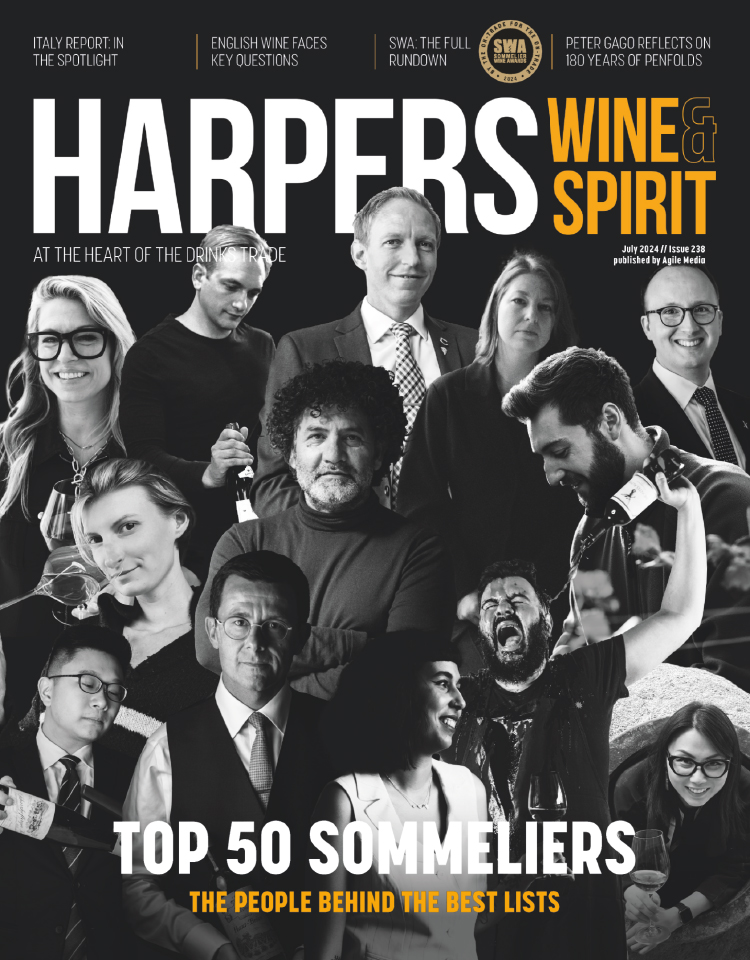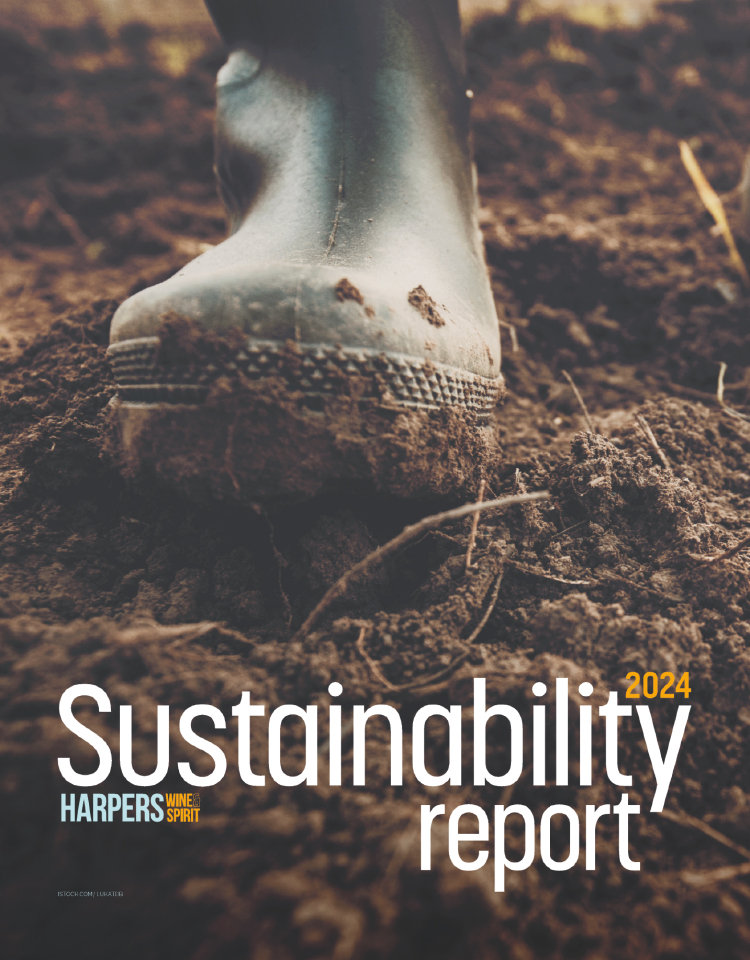
Bacardi brings FOI suit against US government in Havana Club dispute
Bacardi has upped the ante in its longrunning fight with Pernod Ricard over the Havana Club brand by filing a Freedom of Information Act request with the US Department of Treasury.
Bacardi is seeking to reveal why US Patent and Trademark Office reversed its previous position and awarded the US rights to the brand to Pernod Ricard, in a decision announced on January 11.
Successive US administrations as well as a number of US courts had hitherto consistently sided with Bacardi in a dispute which stretches back to the Cuban revolution.
The Cuban government nationalised the Havana Club distilleries, owned and managed by the Arechabala family, without compensation after seizing power in 1959.
Pernod Ricard signed a joint venture with the Cuban government in 1993 to market the brand internationally, arguing that the Arechabala famlly let the trademark lapse in 1973.
However, Bacardi claims that it acquired the rights to the brand from the family, and has manufactured and distributed rum under the Havana Club trademark since 1994.
The case appeared settled in Bacardi's favour, but the prospect of the US embargo on trade with Cuba being further loosened or lifted entirely led Pernod Ricard to re-apply for a license this year.
Bacardi claims that the Patent and Trademark Office's decision to grant the license to Pernod Ricard was made in violation of the language and spirit of US law.
Under its freedom of information requestion, it is seeking all related documents and communications concerning the decision-making process from various branches of the US government, including the White House and the National Security Council.
Eduardo Sánchez, senior vice president and general counsel for Bacardi, said: "We are filing this Freedom of Information Act request because the American people have the right to know the truth of how and why this unprecedented, sudden and silent action was taken by the United States government to reverse long-standing US and international public policy and law that protects against the recognition or acceptance of confiscations of foreign governments.
"When the highest and most powerful government agencies are not transparent about critical changes in policy, the public has the right and the responsibility to use FOIA requests and other tools at their disposal to hold the government accountable for its actions."





